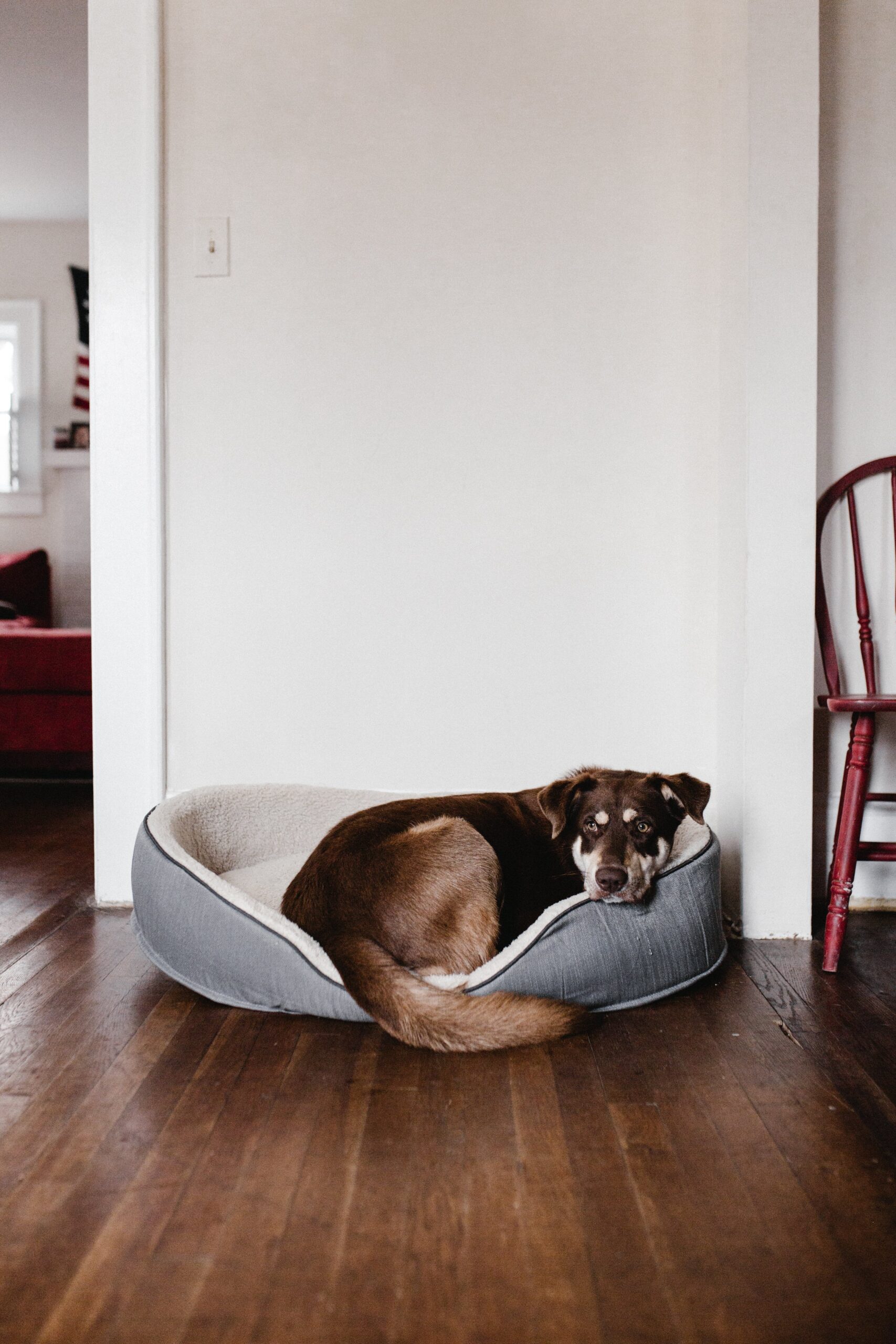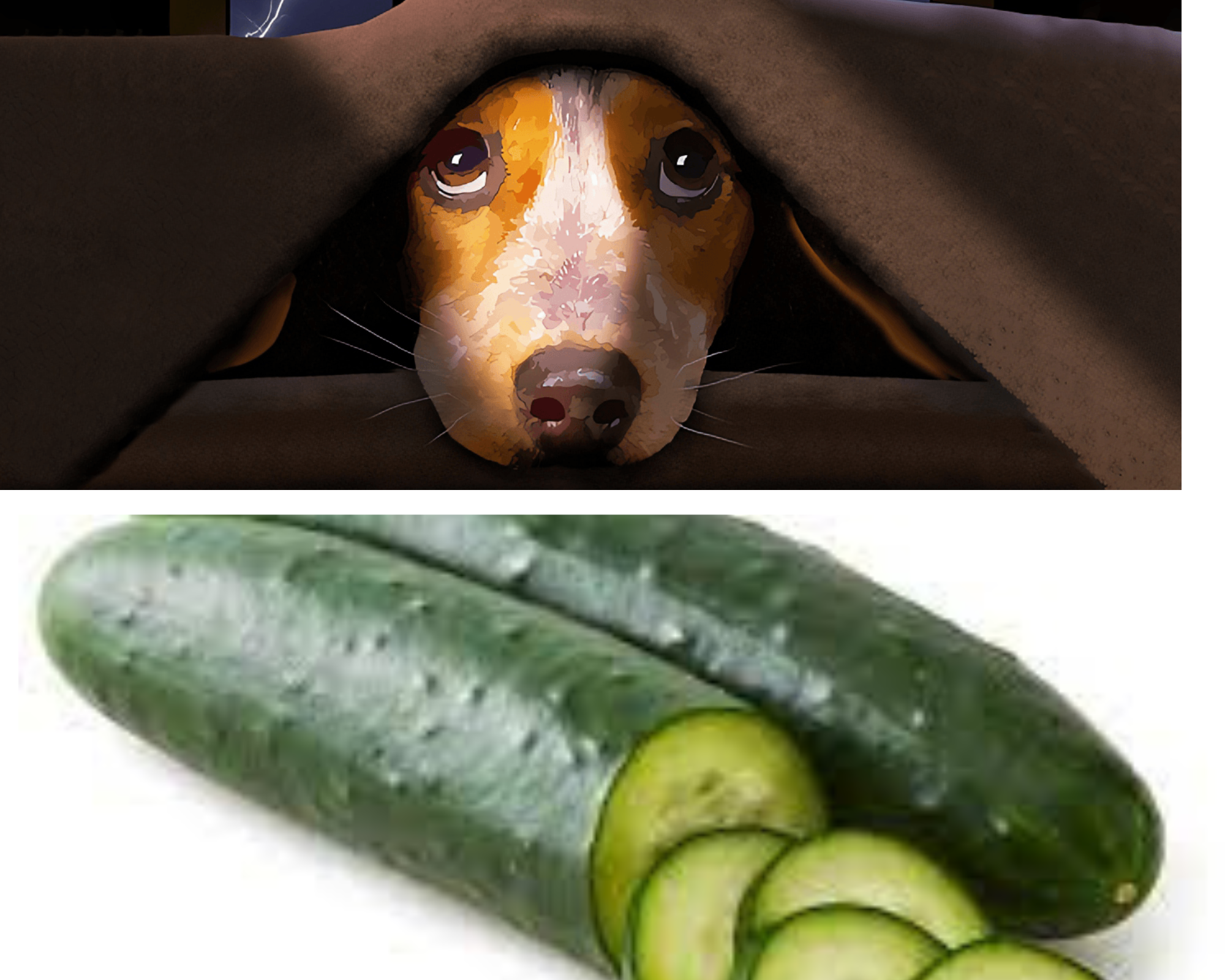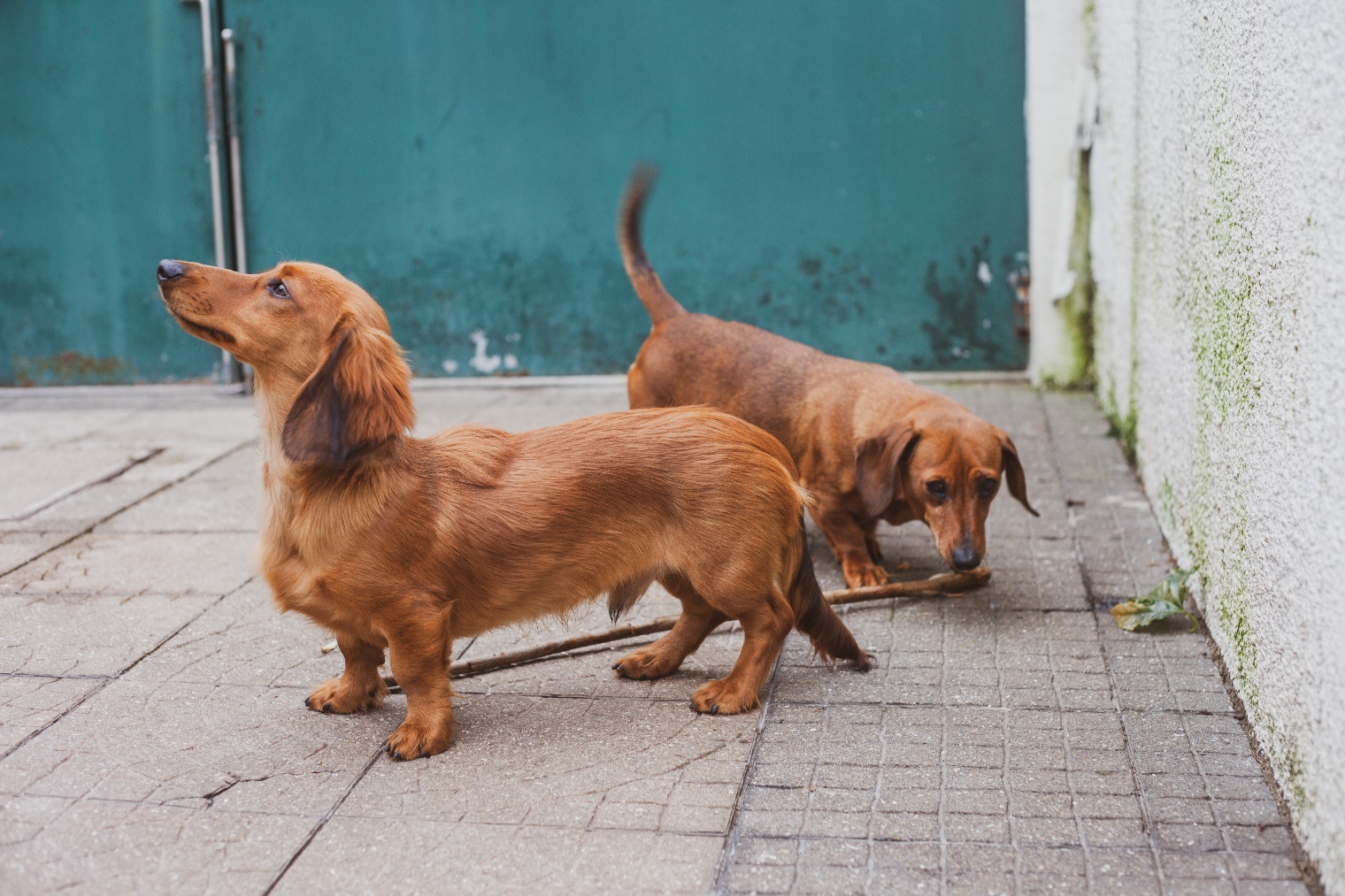Can Dogs Sleep With Their Eyes open?

Dogs, much like humans, go through various sleep stages to achieve restorative rest. According to experts, adult dogs typically spend about 50% of their day sleeping, while puppies and older dogs may require even more sleep.
The sleep cycle of dogs consists of two main phases: REM (rapid eye movement) sleep and non-REM sleep. During REM sleep, dogs may exhibit twitching, paw movements, and even vocalizations, indicating that they are experiencing vivid dreams. Non-REM sleep is a deeper, more restful state where the body repairs and rejuvenates itself.
Most of the time, when a dog is in a light stage of sleep, their eyes are open because they are still conscious, so even a small noise can wake them up. This lighter sleep stage allows dogs to be aware of their surroundings while resting. Therefore, dogs may open their eyes during periods of lighter sleep to remain vigilant and ready to react to any perceived danger.
In this article I will explain everything you need to know about dog sleeping and also provide unanswered questions, Can dogs sleep with their eyes open? And Is it normal for old dogs to sleep with their eyes open?
Can dogs sleep with their eyes open?
Dogs typically close their eyes when they sleep, although there are instances where individual dogs may keep their eyes partially open while resting. Unlike some animals like birds, amphibians, reptiles, and lizards, which may sleep with their eyes partially or fully open, it’s not typical behavior for dogs.
However, if your dog is consistently sleeping with its eyes open, it could be a sign of underlying health issues or an injury. If you’re concerned about your dog’s sleeping habits and haven’t observed any apparent health conditions, it’s advisable to visit a veterinarian for a proper check-up.”
Health conditions?
lagophthalmos
Some dogs may sleep with their eyes open due to a condition called lagophthalmos, where they’re unable to fully close their eyelids. This can be caused by various factors, such as nerve damage or anatomical abnormalities.
Lagophthalmos can lead to discomfort and irritation in the eyes, prompting dogs to keep them partially or fully open during sleep. While it’s not common, some breeds may be more prone to this condition than others.
Breeds with short muzzles or prominent eyes, such as Bulldogs, Pugs, Shih Tzus, and Boxers, may have a higher likelihood of experiencing issues with eyelid closure. Additionally, breeds with facial paralysis, such as the Cocker Spaniel, may also be more susceptible to lagophthalmos.
Also, it’s essential to remember that any dog, regardless of breed, can potentially develop this condition due to various factors such as injury, nerve damage, or anatomical abnormalities.
Corneal ulcers
When an experience discomfort they may resist closing their eyes fully during sleep. And most of this discomfort is caused by a condition called Corneal ulcers. If you are not observant or visiting the VET you might not notice this IT.
Corneal ulcers or injuries can indeed cause discomfort or pain for dogs, prompting them to keep their eyes open to alleviate the discomfort. Corneal ulcers or scratches can occur due to various reasons such as trauma, foreign objects in the eye, infections, or underlying health conditions.
Neurological Disorders
Neurological is another condition that affects your dog’s ability to take control of their eyes, making it difficult to fully close their eyes during sleep. These conditions may affect the nerves responsible for regulating eyelid movement, causing them to remain partially or fully open even when the dog is trying to get its daily rest.
When neurological disorders disrupt the normal function of eyelid muscles, dogs may experience discomfort and vulnerability, as their eyes are not adequately protected.
Disorders such as facial nerve paralysis or conditions affecting the brain’s control over motor functions can contribute to this issue.
Dog sleeping with eyes open after surgery?
It’s not uncommon for dogs to sleep with their eyes open after surgery, particularly due to the effects of anesthesia. During surgery, anesthesia can induce muscle relaxation, including those responsible for closing the eyelids, which may result in the eyes remaining partially or fully open while the dog is asleep. Additionally, deep sleep states can sometimes cause dogs to have their eyes open.
While this behavior can be unsettling to witness, it’s generally temporary and should resolve as the effects of anesthesia wear off and the dog’s body returns to its normal state.
However, if you have any concerns about your dog’s post-surgery recovery, it’s always best to consult with your veterinarian for guidance and reassurance. They can provide personalized advice and address any specific concerns you may have.
Dog sleeping with eyes open after surgery
There could be several reasons why your dog is sleeping with its eyes open after surgery. One possibility is that the anesthesia used during the surgery has caused muscle relaxation, including the muscles responsible for closing the eyelids.
Another reason could be that your dog is in a deep sleep state and may not fully close its eyes. In either case, it’s important to monitor your dog’s behavior and consult with your veterinarian if you have any concerns about their recovery. Your vet can provide specific guidance based on your dog’s situation.
And it takes time for a dog to fully recover from anesthesia, and regain consciousness. consciousness can vary depending on factors such as the type of anesthesia used, the duration of the surgery, and the individual dog’s health.
Generally, most dogs will begin to wake up within 10 to 30 minutes after the anesthesia is stopped. However, it may take several hours for them to fully regain their normal level of alertness and coordination.
Conclusion
Can dogs sleep with their eyes opened? It depends on their sleep state. If they are sleeping lightly, their eyes will open to remain alert. However, if the opening of the eyes is consistently repeated, it indicates that a health condition is involved.





